Nicoline Goris
Docent Beeldende Kunst en Vormgeving deeltijd
Bachelor
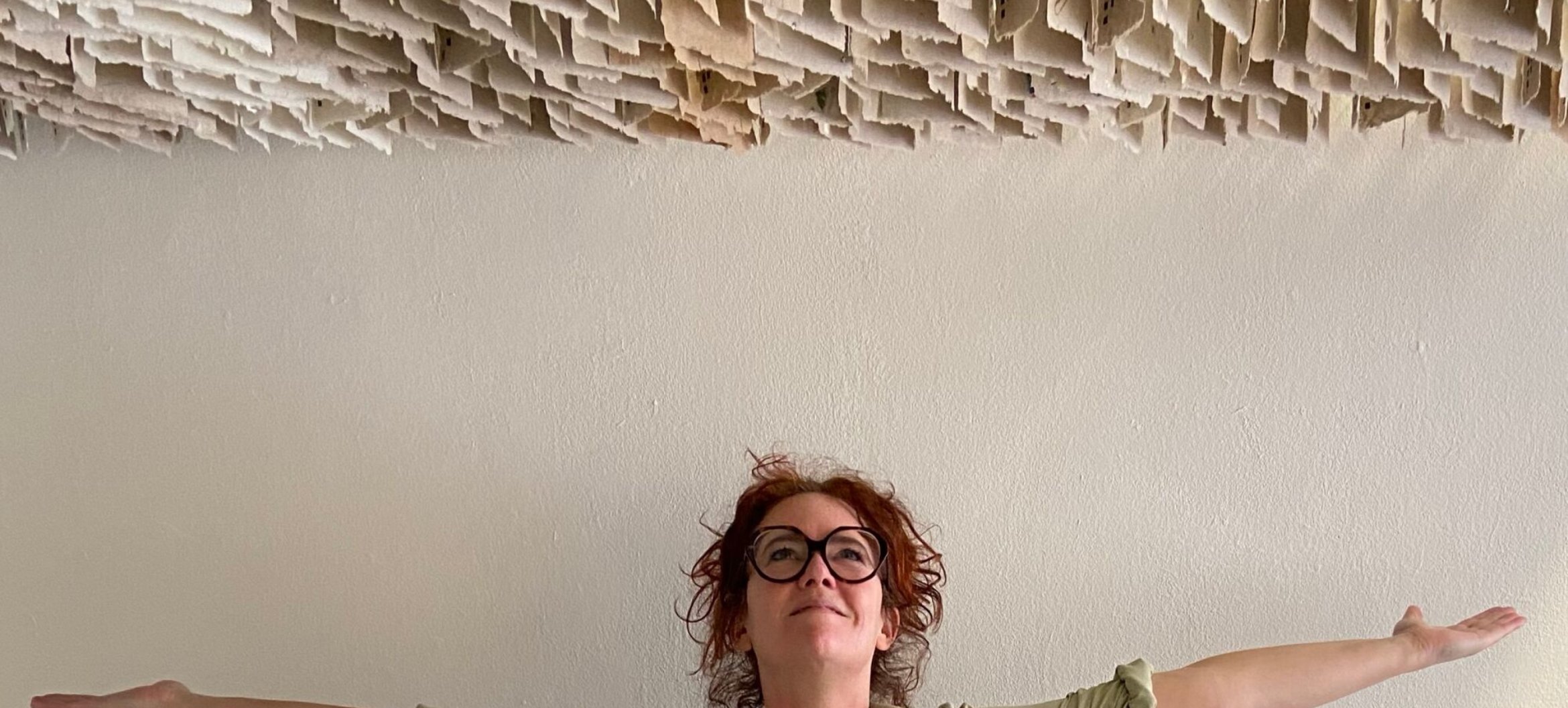
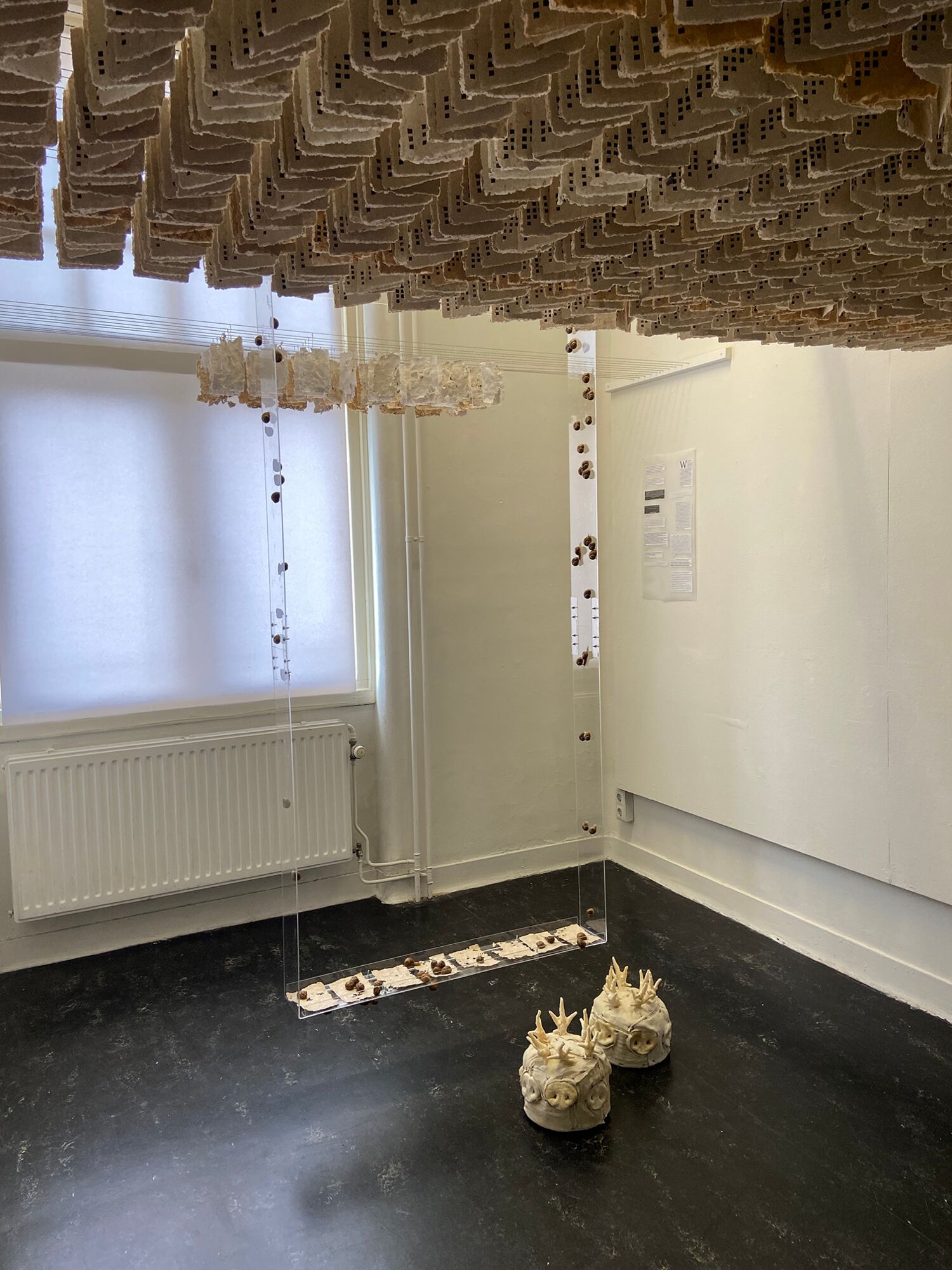
“Most of the problems in our lives and world are caused by relational dysfunction, a dysfunction in how we relate: as social groups, as individuals, to animals and the environment, and even to ourselves. Therefore, developing relational literacy – the understanding of and ability to practice healthy ways of relating – is essential for personal, social, and ecological transformation.”
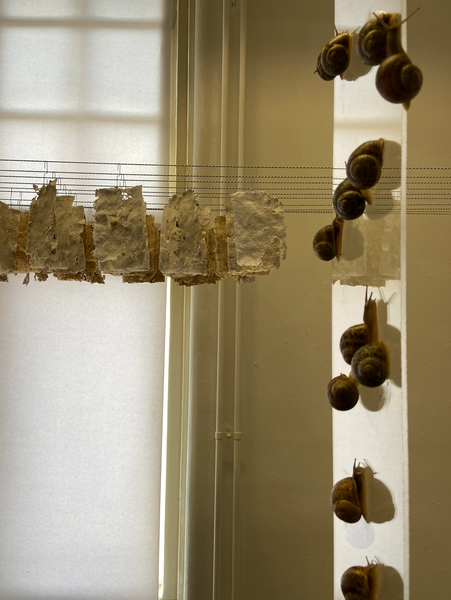
” Why should our bodies end at the skin?” Thirty years later, Haraway proposes that we look to forming kin relationships with our companion species, with the following statement: “Make kin, not babies.” We are post-post-human in our engagement with our companion species. We are compost.
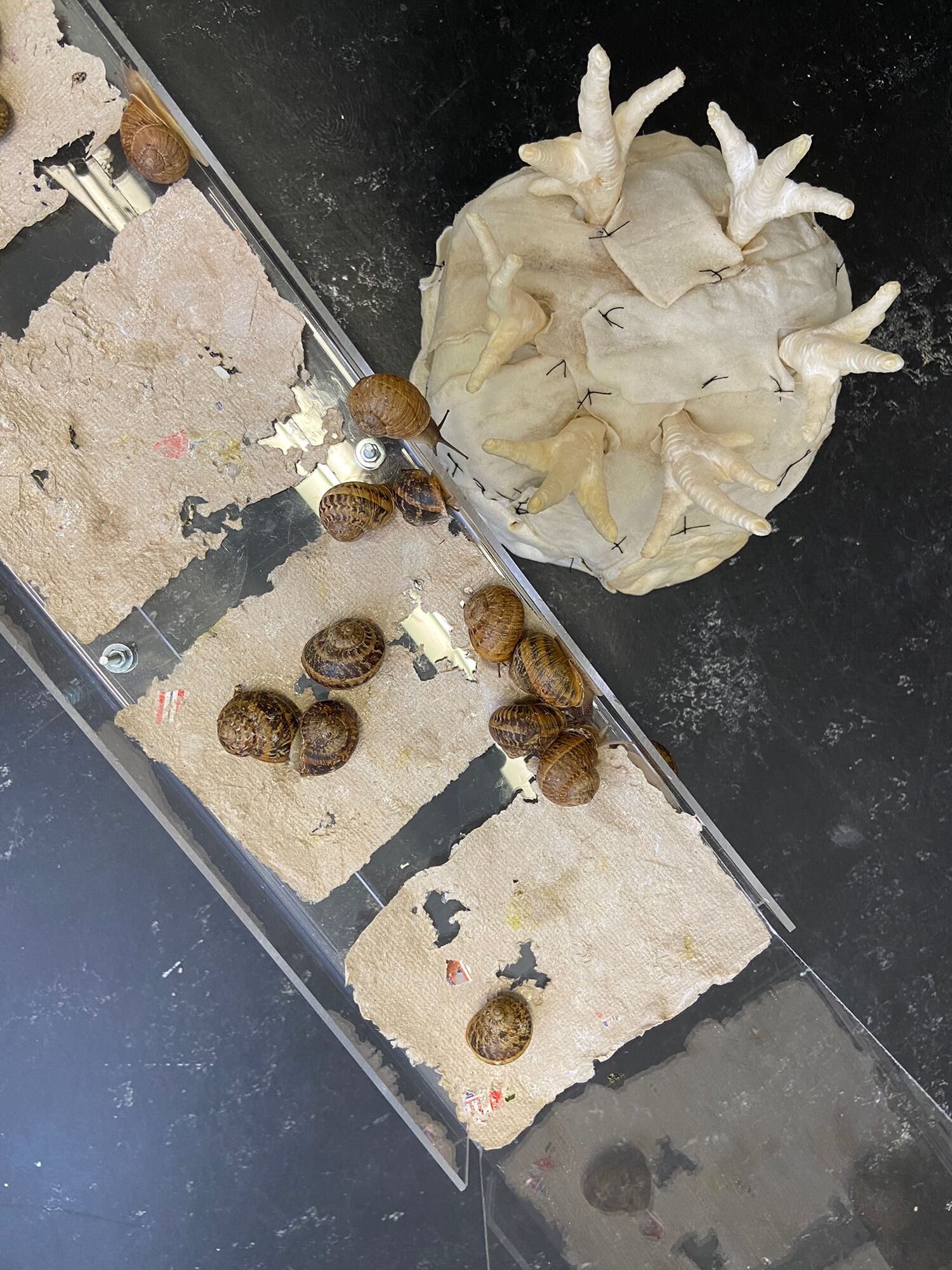
In the Anthropocene, the so-called new normal life is characterized by uncertainty, unpredictability, chaos and relentless change. Shouldn’t we prefer to think of this era as the new abnormal? Environmental philosopher Glenn Albrecht argues that we need to move on from the story of the Anthropocene, and proposes a next epoch: the Symbiocene (from the Greek sumbiosis, or companionship). The scientific meaning of the word “symbiosis” implies living together for mutual benefit, therefore the author asks: what if we would use this idea as the basis for the next period of Earth’s history?
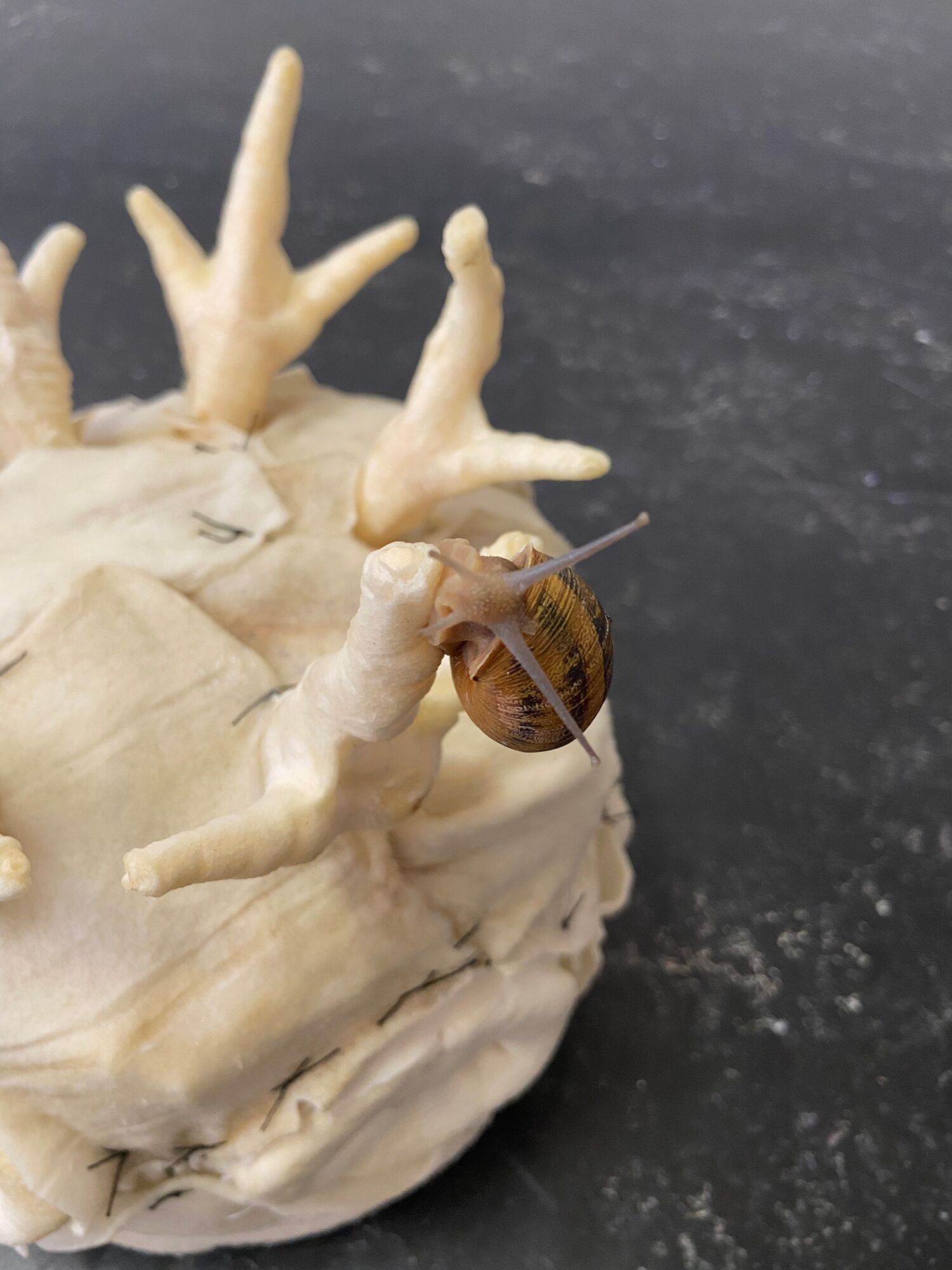
Let us enter the Symbiocene
Deze pagina is voor het laatst gewijzigd op 31 mei 2022
Sta jij op deze pagina? En heb je een opmerking? Mail naar de redactie.